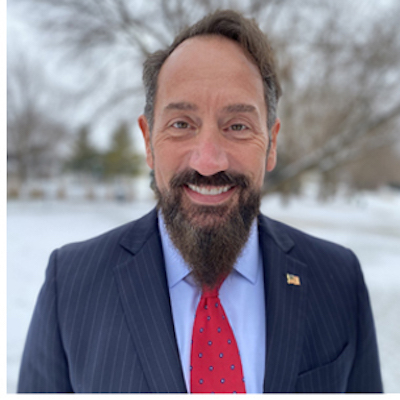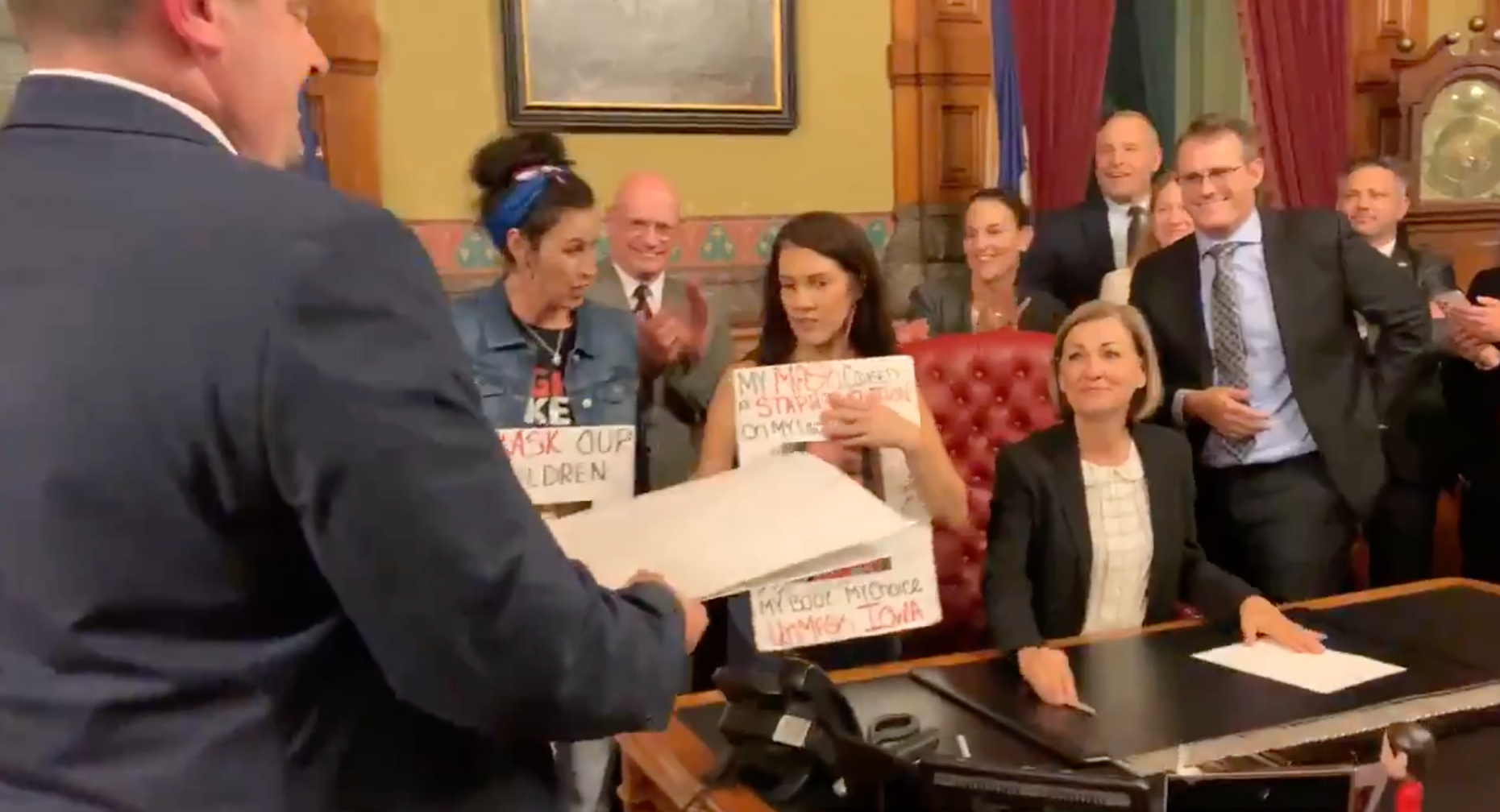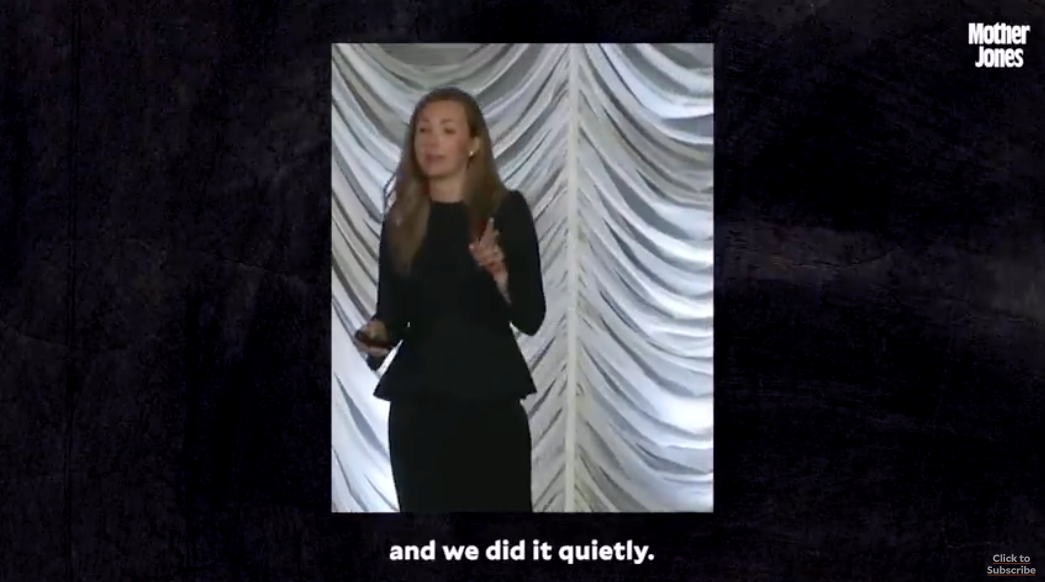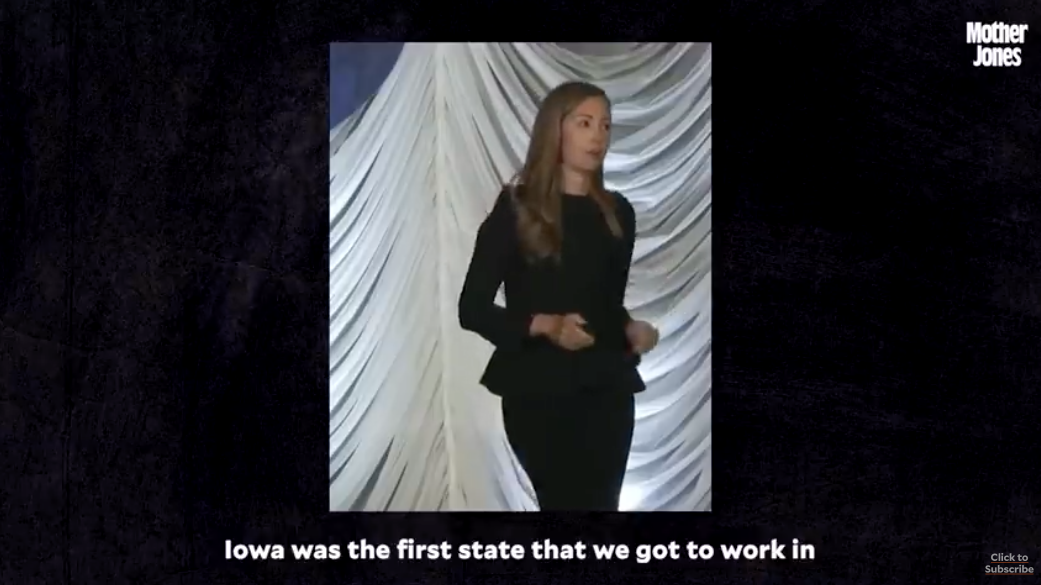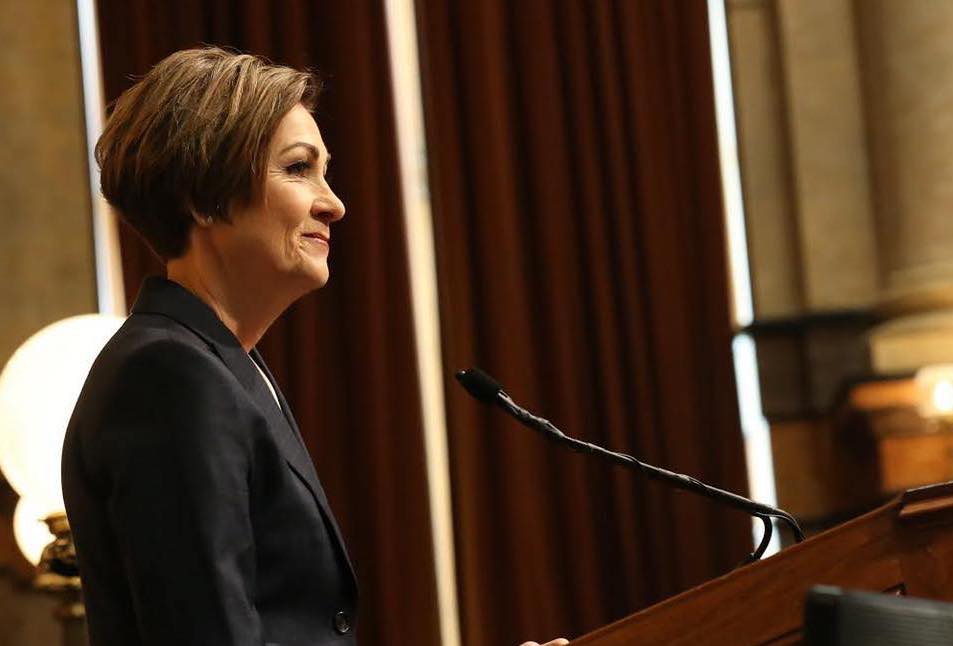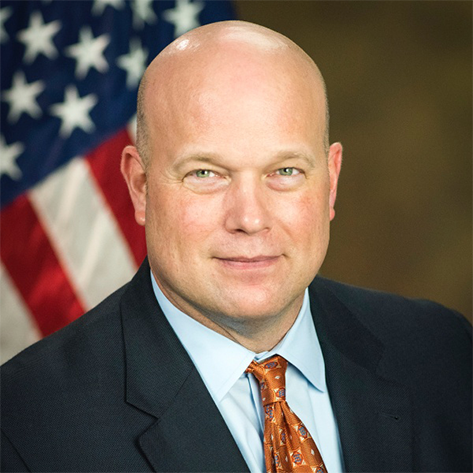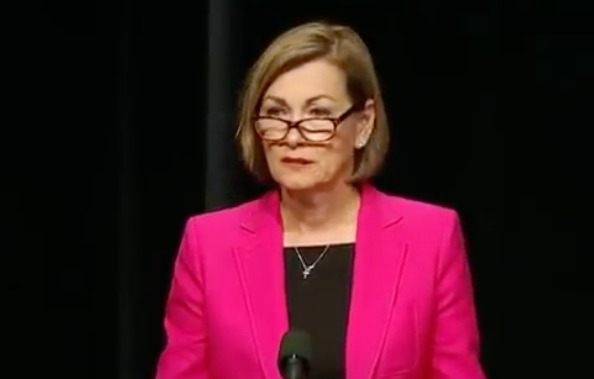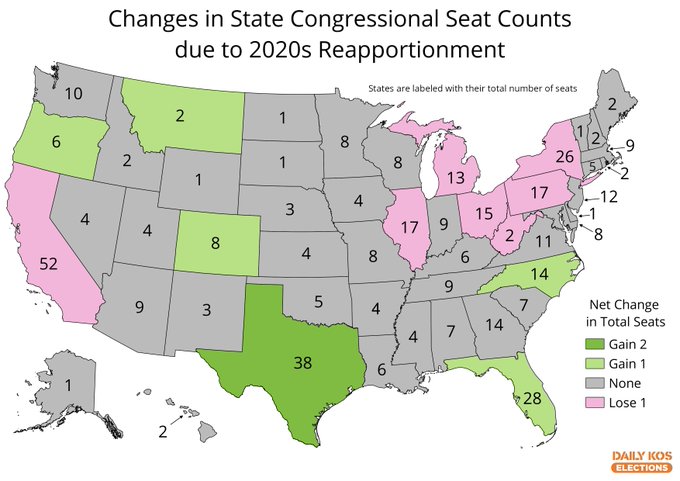U.S. Senators Joni Ernst and Chuck Grassley were among the 35 Republicans who voted on May 28 to block debate on a bill to form a bipartisan commission to investigate the January 6 attack on the Capitol. Since Senate rules require 60 votes for most motions, the 48 Democrats and six Republicans who supported the measure were unable to proceed to debate–even though they made up 61 percent of those present and voting.
Technically, today’s action was the first filibuster Republicans have executed since Democrats took control of the Senate following the January runoff elections in Georgia. However, GOP senators have prevented many other bills from coming to the floor by making clear they would filibuster.
In a written statement enclosed in full below, Grassley said the January 6 events are already being investigated, while Congress has ignored the “broader picture” of riots occurring elsewhere in the U.S. over the past year. (Protests that occurred in various cities last summer are hardly equivalent to an assault instigated by the president with the goal of disrupting the peaceful transfer of power.)
Earlier this week, Grassley told a Bloomberg News reporter he would support a January 6 commission more like the 9/11 commission “because that was a bipartisan commission chaired by people outside the Congress”–which is what the House-approved bill would create.
Ernst has not released a statement on today’s vote, but I will update this post as needed. She told Capitol Hill reporters on May 19 that the commission would not be balanced (despite equal representation for both parties), because of disparities in staffing and salaries. Ernst added, “Here we are five months later. What is the point? It’s turning into a political exercise.”
Continue Reading...






